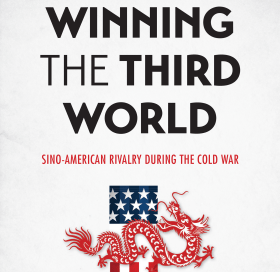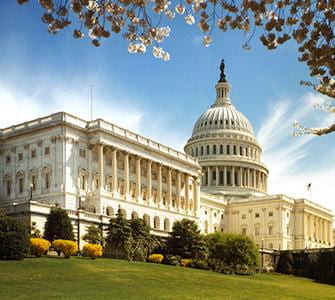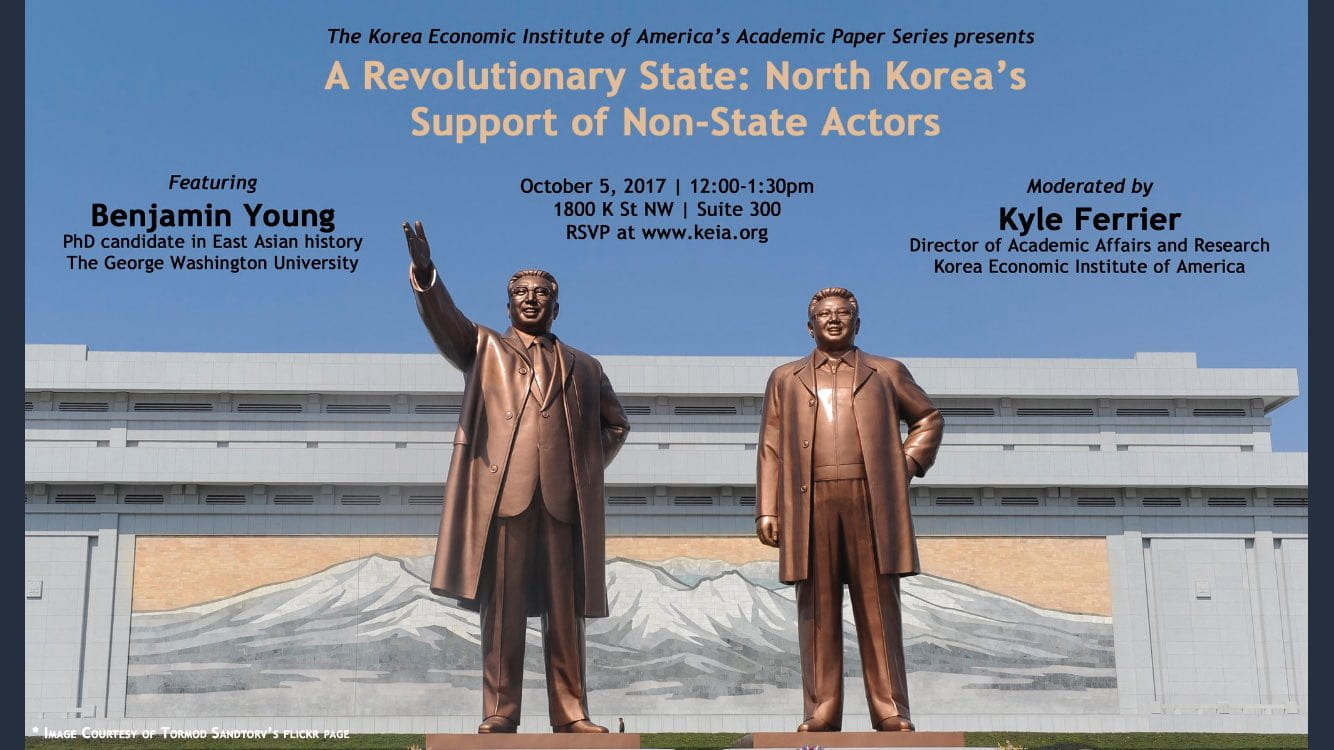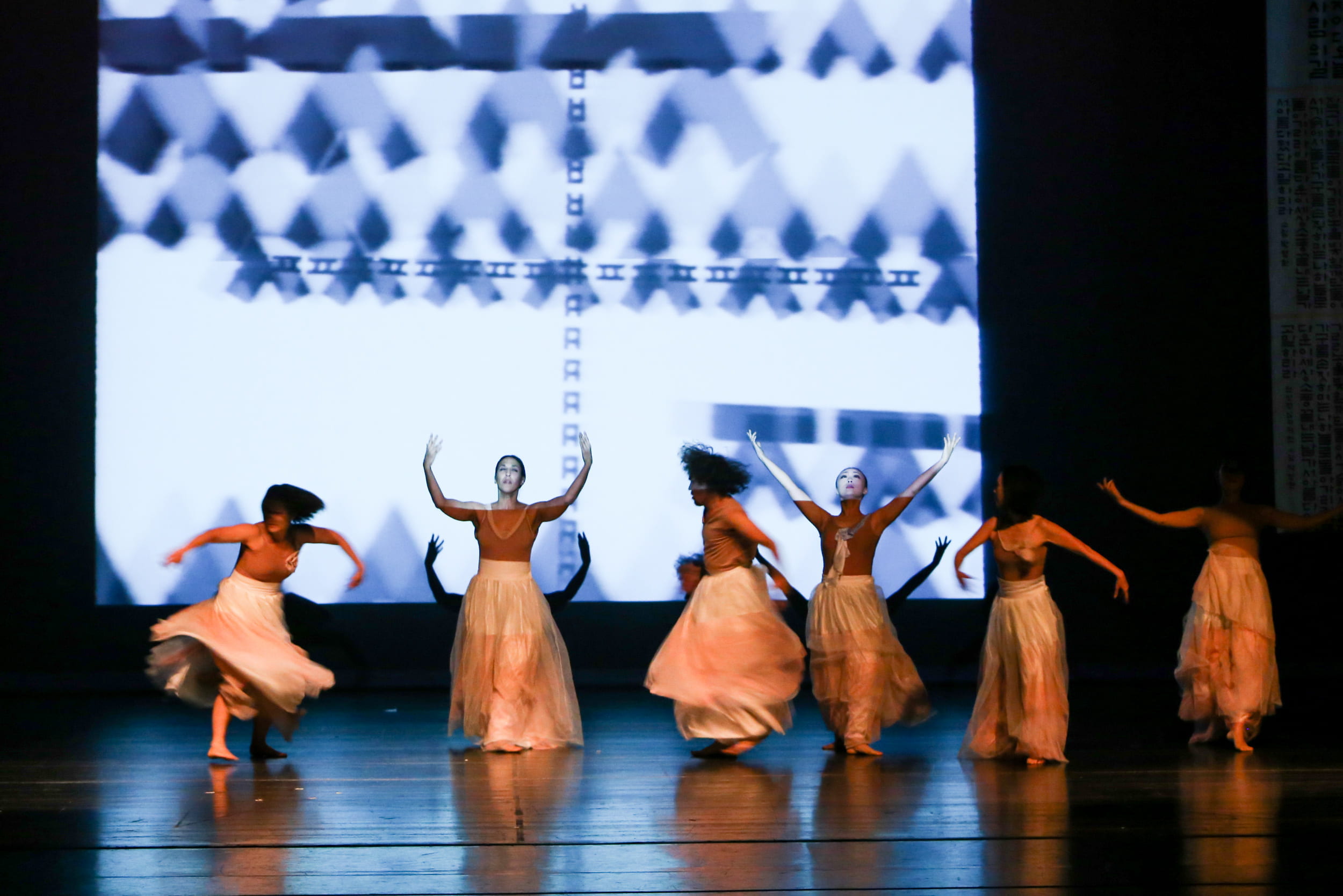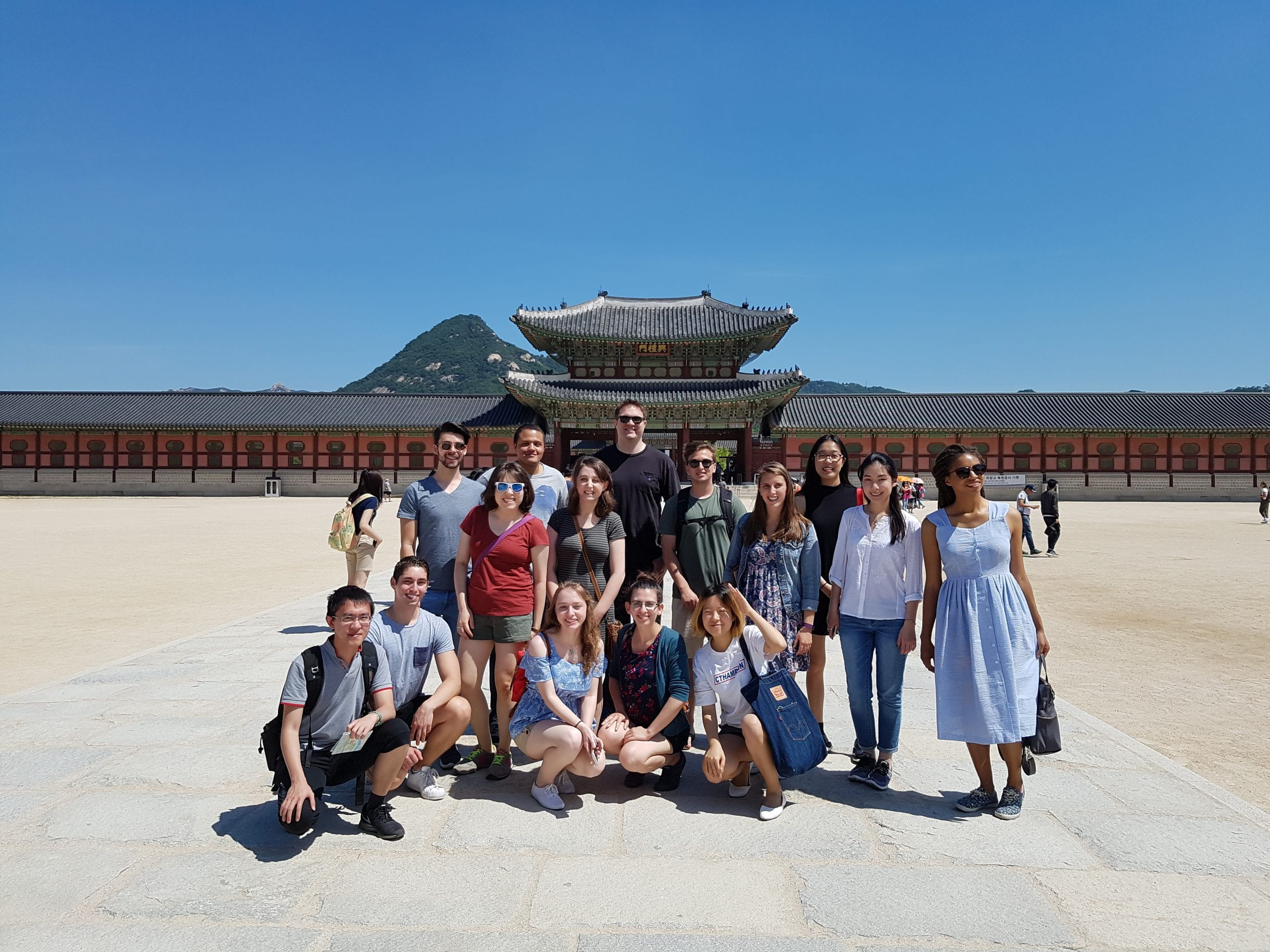November 7-9: Korean Culture Week at the Kennedy Center
The Second Annual Korean Culture Week at the Kennedy Center The Korean Cultural Center Washington, D.C. is proud to present the Second Annual Korean Culture Week at The John F. Kennedy Center for the Performing Arts, November 7-9, 2017. This three-day event will take American audiences on a journey spanning…



